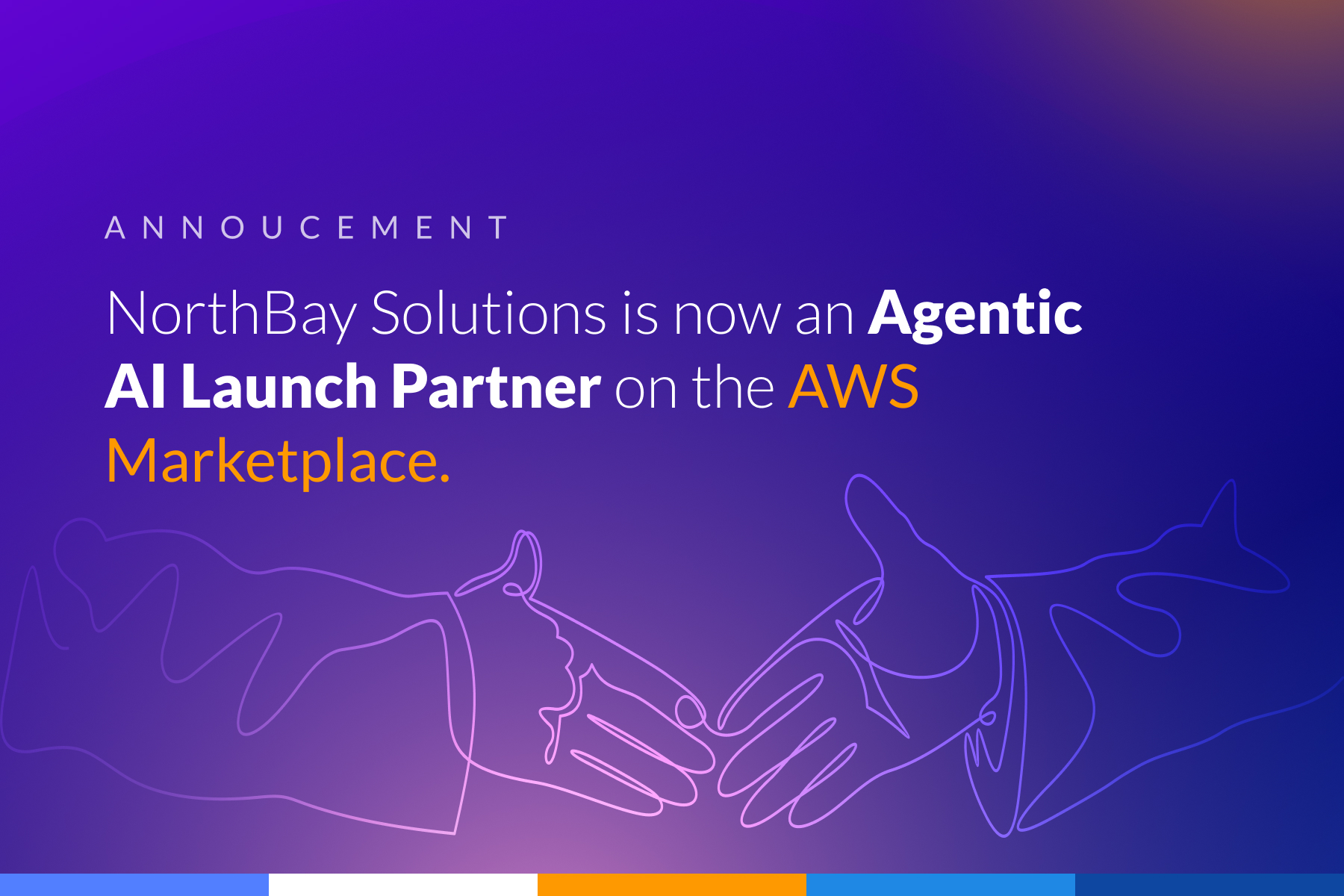Get access to all of our AWS best practices and insights. Subscribe Now
We are a fast-growing, AWS focused onshore/offshore AWS Premier Partner
NorthBay Solutions is proud to have earned the AWS competencies through technical proficiency and proven customer success.
350+
AWS Accredited Staff
100+
AWS Certifications
10+
Years experience with AWS

Navigating the Cloud is was Complex
Operating in today’s cloud requires vision, strategy, skill, and persistence. Modern cloud infrastructures are incredibly capable, but increasingly complex.
By partnering with NorthBay, you will find your true north and achieve business outcomes faster. Our deep knowledge, technical expertise, and commitment to customer success helps you manage complexity and realize the most value possible from AWS cloud.
Less Problem-Solving, More Innovating
Cloud migration, architecting, optimization, and augmentation costs time, focus, and resources.
NorthBay’s flexible engagement models are calibrated to your organization’s specific needs. Whether you need managed services, staff augmentation, strategic consulting, or more, we are here to serve as your partner, guide, and collaborator.

Success Stories
Success Stories
Testimonials
“NorthBay is my go-to staff augmentation partner and provider for building applications on the AWS infrastructure. They are very knowledgeable, reliable, communicative and professional, and always go above and beyond to help me achieve my business and technical goals.
– CTO Video and Media Streaming
MediaTech Company
Martins from the NorthBay team was instrumental to our success by clearly defining our solution architectures, engaging with stakeholders to review design proposals, and collaborating with our delivery team to enable a successful implementation. He reduced our DynamoDB spend by 90%!– Remax
Engagement Manager
NorthBay is an excellent team with great skills, excellent communication, creativity, quick resolutions of the issues, and very productive time use.– CTO
EdTech Learning and Credentialing Company
Industries Served
NorthBay Solutions
knows industry-specific solutions
When it comes to cloud needs and solutions, no two industries are alike. That’s why NorthBay takes a robust, tailored approach to every industry project. Whether we provide consultative leadership, a one-time project, or ongoing managed services, we have the experience, skill, and curiosity required to create highly effective, bespoke solutions.
















![popup-aws-partner-1-1-300×147[1] Home](https://northbaysolutions.com/wp-content/uploads/2024/04/popup-aws-partner-1-1-300x1471-1.webp)